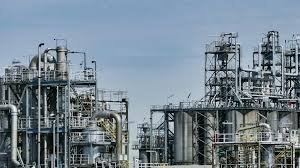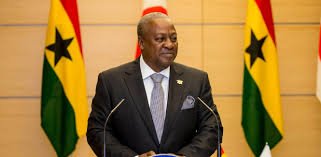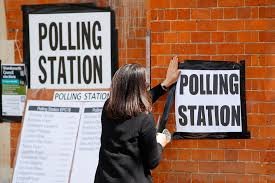Nigeria’s headline inflation rate eased to 22.22% in June 2025, down from 22.97% recorded in May 2025. This is according to data released by the National Bureau of Statistics (NBS) on Wednesday.
The latest figure represents a 0.75 percentage point decrease, signaling a modest slowdown in the pace of rising consumer prices across the country. On a month-on-month basis, the headline inflation rate was 1.76%, a slight increase from 1.53% in May 2025.
Food Inflation
The food inflation rate rose to 21.97% year-on-year in June 2025, up from 21.14% in May 2025. On a month-on-month basis, food inflation increased to 2.37%, up by 0.18% from 2.19% in May 2025, driven by slower reductions in prices of staples like yam, cassava, and pepper.
On a Month-on-Month basis, food inflation was highest in Enugu (11.90%), Kwara (9.97%), and Rivers (9.88%) while Borno (-7.63%), Sokoto (-6.43%) and Bayelsa (-6.34%), recorded the highest decline in food inflation on a Month-on-Month basis.
Urban and Rural Inflation
Year-on-year urban inflation rate was 23.14% in June 2025, down from 23.71% in May 2025. while Month-on-month, urban inflation rose to 1.65%, up from 1.40% in May 2025.
Rural inflation stood at 21.30% year-on-year, down from 22.70% in May 2025. Month-on-month, rural inflation was 1.88%, slightly up from 1.83% in May 2025.
Exchange Rate Stability Playing Its Part
The decline in headline inflation was supported by exchange rate stability, with the naira appreciating by approximately 1.03% to N1,585.50/$ in May 2025, contributing to reduced price pressures.
The National Bureau of Statistics (NBS) rebasing of the CPI to 2024, updating the goods and services basket also significantly influenced the reported decline in inflation rates since January 2025. However, rising food and core inflation indicate persistent challenges in stabilizing consumer prices.
























